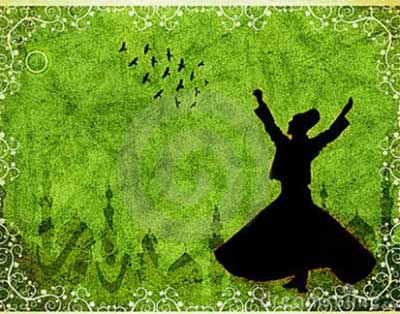Naqshbandis Order of Sufism in Medieval India
CONTEXT:
Recently, police locked up the mosque and dissuaded worshippers from offering the congregational noon prayers at the Khawaja Naqshband shrine in Srinagar.
IMPORTANT POINTERS:
- Sufis regarded God as the supreme beauty and believed that one must admire it, take delight in His thought and concentrate his attention on Him only. Sufism defined itself into various orders; the 4 most popular among these were Chistis, Suhrawardis, Qadiriyahs and Naqshbandis.
- Sufism roots in both rural and urban areas and exerted social, political and cultural influence on the masses. Sufis brought peace and harmony to everyone’s mind in a world full of grieves and sorrows.
- Sufism which arose from Islam in 8th and 9th centuries began to gain prominence in India during the Sultanate period. Because of their spiritual influence, the mystic saints were patronized by the rulers to spread Islam among the non-believers. During the medieval period, Sufism spread its wings to the Deccan plateau during the Tughlaq dynasty. During the reign of Akbar the Sufi movement gained momentum as Akbar followed a liberal religious policy.
About Naqshbandi Order:
- The Naqshbandi order stems from the Silsilah Khwajagan, which originally developed in Turkestan. The best known Shaykhs of the Khwajagan were Khwajah Ahmed Yasawi
- The Naqshbandi tariqah is notable in being the only Sufi tariqah which traces its lineage to Prophet Muhammad through Abu Bakr as-Siddiq, the first Caliph. All other sufi tariqahs trace their lineage through Ali ibn Abu-Talib, who became the fourth Caliph of Islam.
- Other Important features are use of the silent invocation of God (dhikr ); and a strong adherence to the shariʿa or Islamic law.
- The first figure of importance in the history of the Naqshbandiya is Yusuf Hamadani (born 1048). In addition to providing four successors, he set down eight principles, or "sacred words," that provided the doctrinal framework of the order.
Sources
- The Hindu
- The Sufi School
- The Golden Sufi







